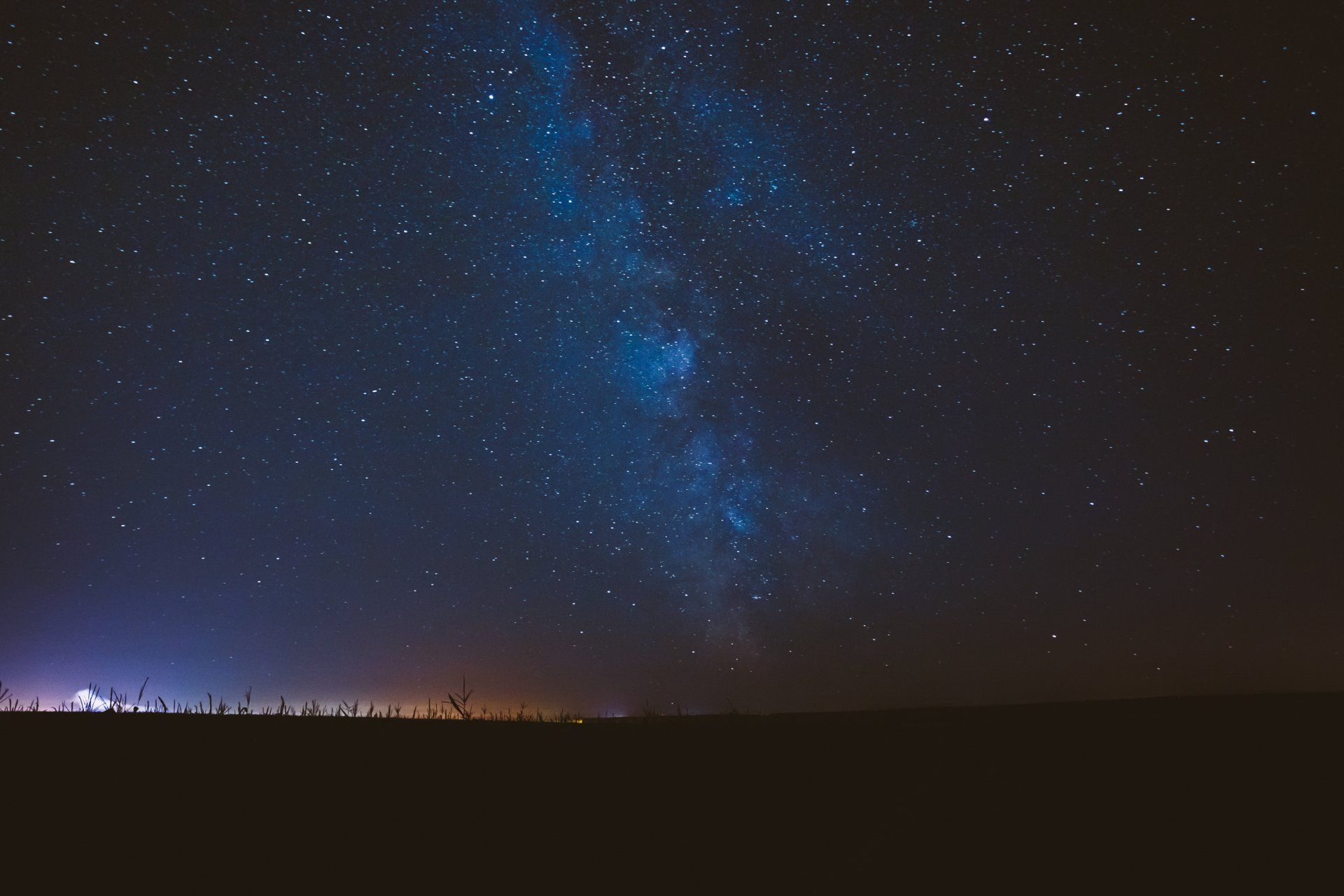THE WIPING OF THE 5000
Jon Bergmann • March 31, 2020
So how do you get through a global pandemic?
Well, apparently the answer in Australia is simple: toilet paper.
Well before the shops started selling out of food, hygiene products and other necessary items it was toilet paper that was deemed the no.1 essential item for an impending apocalypse. We might not know what lies ahead but at very least we need to be able to wipe with 3-ply comfort. There’s something about conventional wisdom that doesn’t always hold up.
I wasn’t too worried though. Like many people around the world now, we get our toilet roll through an online ordering system (a great company – check them out here) and it seems as if their Australian deliveries were dispatched a week before the national loo roll crisis. We had 48 rolls – enough for our family to last at least a couple of months. We were the lucky ones. But I had forgotten to factor in one key element….
… my wife, Nina.
Over the last few weeks, as supplies in shops diminished and people took on the demeanour of frenzied feeding sharks, Nina did exactly the opposite. She started reaching out to see who needed something and how she could get it to them.
I’ll be honest, initially it was nice. And then it was worrying. As the loo roll flew out the door and our generous stash began to diminish, I couldn’t help but feel a similar sense of panic. What if we don’t have enough? I started putting aside my old t-shirts in case they were needed in an emergency.
It’s amazing what feelings of anxiety can do to you, especially when they’re related to the idea of scarcity.
Lynne Twist, in her book The Soul of Money, examined scarcity and its impact on us. We lament not getting enough sleep, not having enough time, not earning enough money. Over time, she writes,
“this internal condition of scarcity, this mind-set of scarcity, lives at the very heart of our jealousies, our greed, our prejudice, and our arguments with life.”
When we feel like we don’t have enough, it's difficult to feel peaceful about anything.
I knew that Nina’s response to the Great-Toilet-Paper-Crisis – her generosity - was the right one but I couldn’t help also paying attention to my own feelings. After all, I’ve always been a ‘provider.’ What happens if we run out of something and I’m not able to get it? My brain was assuring me that there is always going to be plenty to go around but the chaos of frenetic panic and the hoarding mentality it creates is contagious. Maybe you’ve felt it too.
There’s a story in the Bible I want to explore with you for just a second, as I was reminded of it yesterday and I think it’s important. It’s a story you’ll be familiar with but perhaps told in a way that might be less familiar. It’s the story of large crowds, diminished supplies and anxiety around whether everyone will have enough.
When Jesus looked up and saw a great crowd coming toward him, he said to Philip, “where shall we buy bread for these people to eat?”… (John 6:5)
At one point in Jesus’ ministry he finds himself sat near the top of a hill looking out at all the people that have gathered to hear his teaching. The story is recorded as The Feeding of the 5000 but most people recognise that there would have been many more people there. 5000 men, but perhaps between 10,000-20,000 including their families and relatives.
Lots of people, but not much food.
When Jesus questions his disciples about what they’re going to eat for dinner, there is a familiar anxiety:
Philip answered him, “It would take more than half a years’ wages to buy enough bread for each one to have half a bite!” (John 6:7)
There. Is. Not. Enough.
There are so many people and there is not enough to go around.
We know how the rest of the story goes: a small boy – one of those not significant enough to be numbered among the 5000 – steps forward and offers what he has, which is “five small barley loaves and two small fish.” Jesus takes this offering, gives thanks for it and then distributes it. Magically there is enough to feed everyone gathered there.
It’s a miracle.
There is much to be read in this rendition. It’s a story that encourages us to rely on the provision of God and tells us that even when it seems as if there is not enough to go around, God will provide. Many of us remember reading the story as children and conjuring up images of loaves reproducing in front of our eyes.
But there is another way that this story can be told that resonates quite deeply with our current situation, and with the text itself.
It always seemed a little unlikely to me that of all the people gathered there on that day, only one boy would have brought food with him. Especially given that the 5000 were men, the providers of their day, why would anyone have thought to come out on such a journey without enough food to feed themselves and their families?
The problem was that among the crowd we know that there was a mixture of people. Some wealthy, some far less than wealthy. There were families, priests, official types and nobodies. The crowds that Jesus attracted were diverse. Chances are though, that many of them had food with them. Those that didn’t probably hadn’t forgotten, they just couldn’t afford it.
Now if you were one of those people that had enough money to bring a stockpile of food with you, and you looked out over that crowd and realised how many people there were going without – what would you do? We like to think we would take our food out and shower it over everyone but more likely we would do what seems instinctive: hoard and hide.
“Keep your bread under your cloak – don’t let anyone see it!” Said one person to another as they snuck quiet mouthfuls.
“I’ve only got enough for myself; I don’t want to go without – that would be irresponsible!” said another.
5000 people, everyone looking out for themselves, until one small and insignificant child does what seemed so innocent and yet so natural: he came forward with his family’s supply (can you imagine what the parents were thinking?). It took the generosity of a child for everyone to realise what they were doing.
Jesus takes this offering and after the blessing, begins to distribute it among the crowds. From here, these loaves and fish may well have just begun multiplying miraculously. That would be pretty cool. In my mind however, the greater miracle would have been that after seeing the power of generosity through the boy, everyone else with bread stashed under their cloak begins to bring it out into the light and shares it.
When they had all had enough to eat, [Jesus] said to his disciples, “Gather the pieces that are left over. Let nothing be wasted.” So they gathered them and filled twelve baskets with the pieces of the five barley loaves left over by those who had eaten. (John 6:12-13)
There are times in life when it feels as if there is not enough to go around. In these moments we have a choice regarding what kind of person we want to be. There are a million justifications for keeping your bread hidden under your cloak, but there is only one reason to bring it out, and this is because it is only when generosity overcomes greed and scarcity, that people will genuinely not need to go without.
This isn’t about grand gestures or new economic models. This isn’t about politics or social reform, it’s about simple acts of courageous generosity in the midst of our own fear and panic. It’s a trust in the God who shows us that when we put our faith in Jesus and follow his ways, we look at each other through the lens of kinship and care, rather than competition.
In God, there is always enough, because with Jesus we share all things.

Sometimes, we categorise people out of Gods kingdom because they don’t meet the brief, they don’t fit our preconceived ideas and expectations. So, this Christmas, when I put my nativity in pride of place to celebrate “the King has Come”, I am reminded that a King didn’t come, at least not in the eyes of all those waiting on one. The nativity was the ultimate Kris Kringle (maybe the first!), where we quite simply don’t know what to expect and should always be prepared for a surprise, but it will be a gift.

St John of the Cross wrote: “If a man wishes to be sure of the road he treads on, he must close his eyes and walk in the dark.” When we can’t see, and can’t make any sense of things, keeping on can be the deepest form of trust. It can serve a profound purpose, for the dark night of the soul is sometimes the space between who we have been and who we will become.

